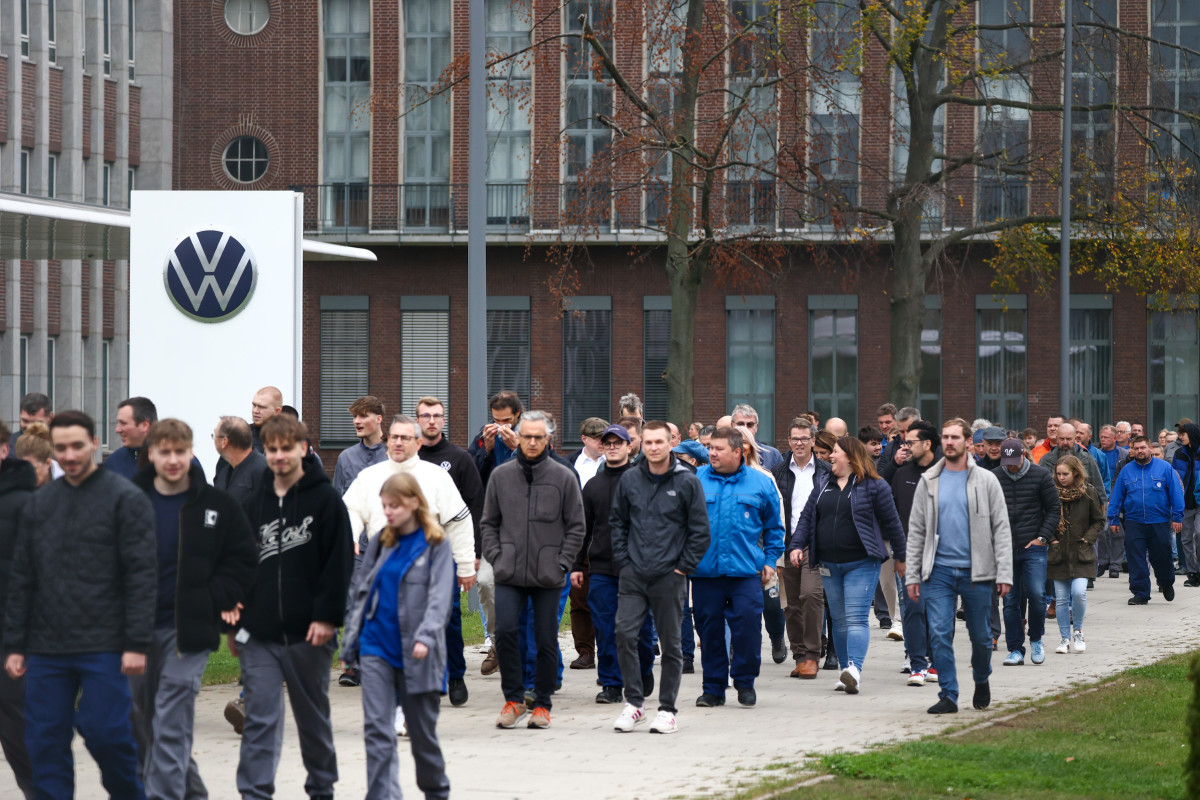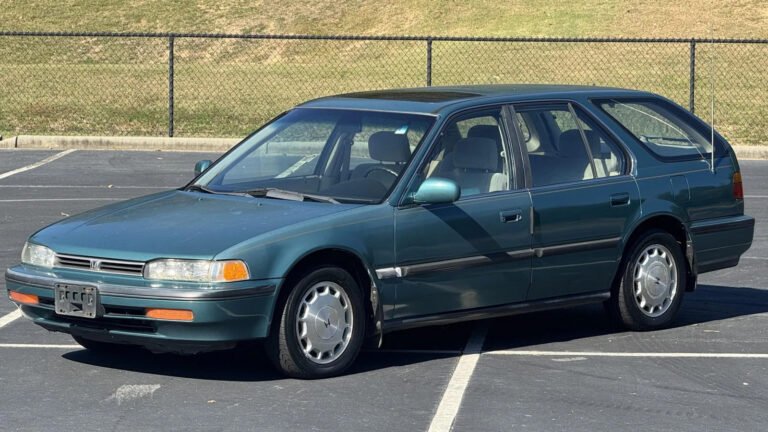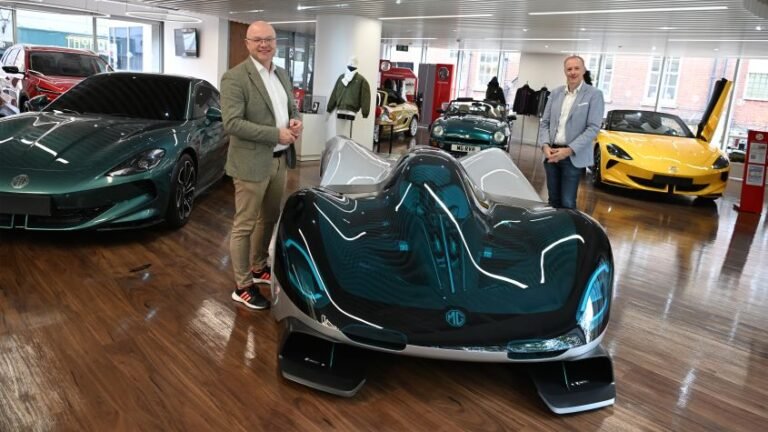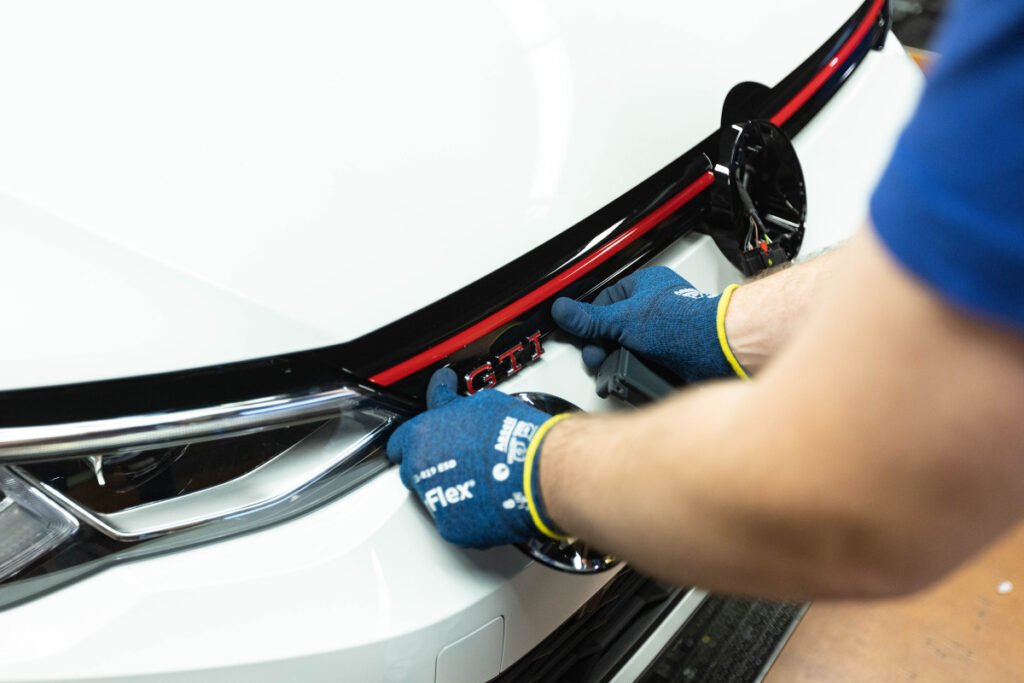
The semiconductor shortage turmoil has again threatened to disrupt the automotive sector, as Volkswagen has already warned its employees of production disruptions at major plants. The reason for this recent chip crisis is due to recent geopolitical tensions between the Netherlands and China over chipmaker Nexperia, a key supplier for Volkswagen and other automakers. The German automobile giant stated in an internal letter that the production of models like the Golf and the Tiguan will come to a temporary halt in a week. This is bad news for Volkswagen, as it is already struggling to compete against Chinese rivals, especially in the electric vehicle segment.
Why Volkswagen Is Halting Production
Volkswagen Golf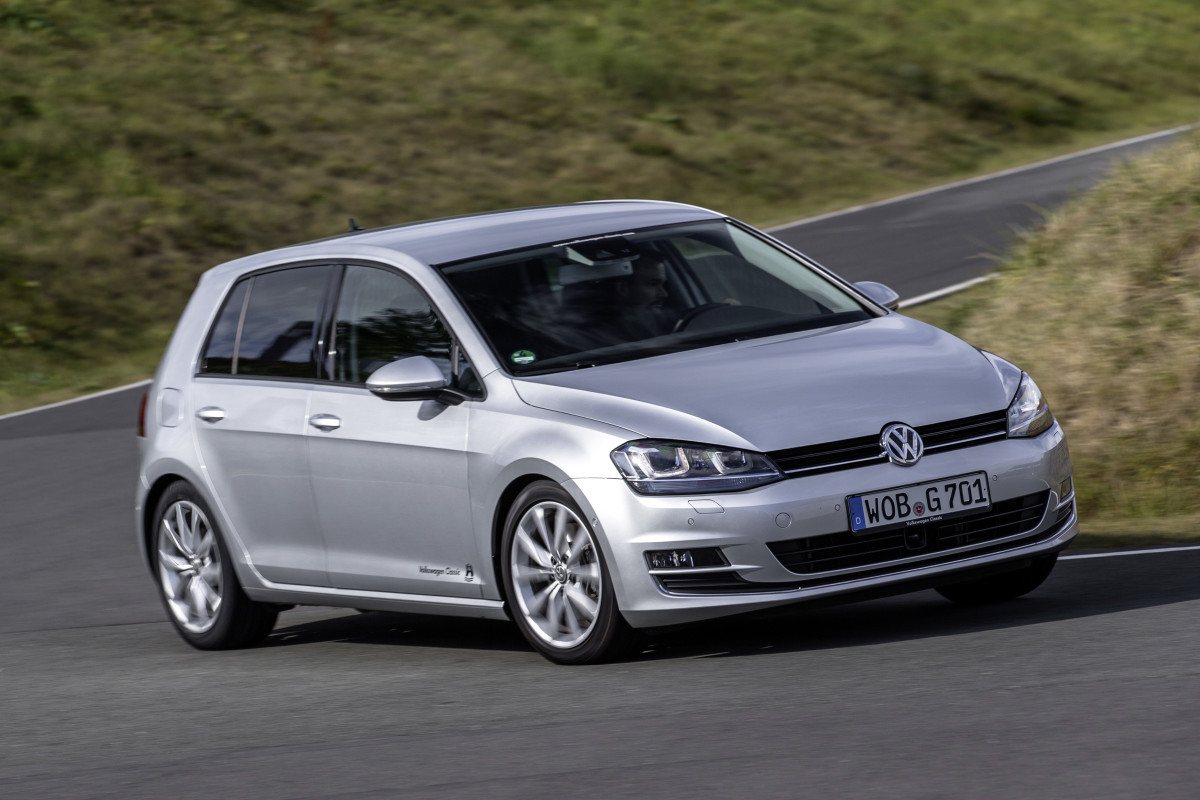
Volkswagen will be forced to halt the manufacture of the Golf and Tiguan due to a shortage of semiconductor chips that surfaced this month. Earlier this month, the Dutch government invoked its “Accessibility of Goods Act” to seize control of Nexperia, a Chinese-owned chipmaker company vital to Europe’s auto industry. This move followed the United States’ imposition of export restrictions on Chinese businesses. Making a swift decision, a Dutch court passed a judgment removing Nexperia’s CEO and appointed an interim manager to bypass sanctions. In return, China imposed export restrictions on Nexperia products, endangering supply networks throughout Europe. As trade tensions destabilize the global auto industry, Volkswagen manufacturing plants and employees confront uncertainty with no immediate remedy.
The Ripple Effect Across the Auto Industry
The scarcity of chips reminds us of the pandemic chip shortage. Although the situation may not be as dire now, the export embargo on Nexperia may have an impact on the global car industry, beginning in Europe. Since it is the lifeline of automobiles, the export prohibition would have an impact on all automakers. Mercedes-Benz has already stocked up on it for the near future, while top suppliers like Bosch are frantically trying to find long-term solutions and are in talks with government representatives.
According to Volkswagen, the company is “closely monitoring the semiconductor market” and currently has the necessary material supply. Analysts have revealed that the European companies may lose billions of dollars in production as a result of the chip interruption, which would raise car prices even more and postpone the release of new electric vehicles and hybrids.
What’s Next For Volkswagen?

With the help of German and European Union officials, Volkswagen is exploring partnerships with European suppliers and reducing its reliance on Nexperia. Volkswagen has pledged $2 billion to develop new Europe-based semiconductor plants by 2027, aimed at reducing its reliance on foreign chipmakers and stabilizing production long-term. Although the company expresses confidence that operations might resume in a few weeks, the bigger picture suggests that there may be more uncertainty. Volkswagen’s production recovery may continue to stall until diplomatic tensions between China and the Netherlands over Nexperia’s chip export restrictions subside. The standoff underscores how international chip politics continue to shake the automotive landscape.
